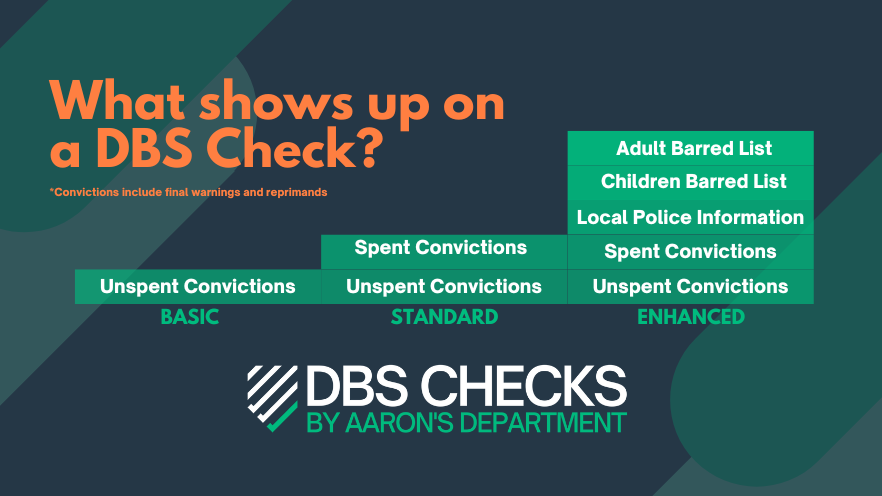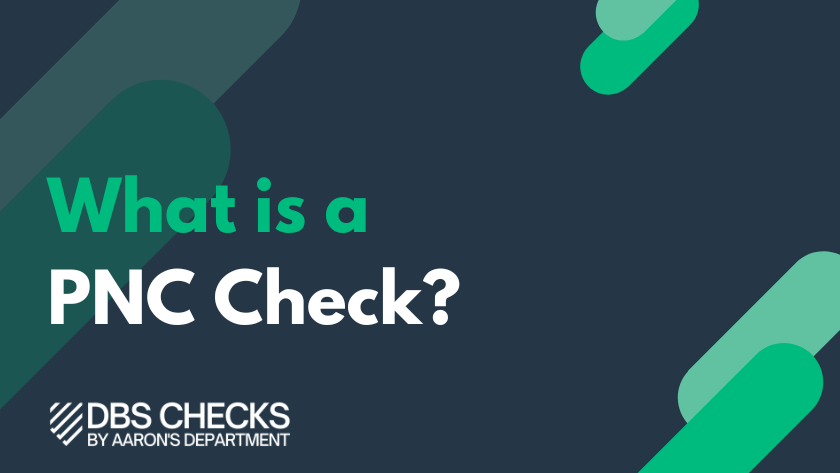What is a PNC Check?
A PNC check is a search of the Police National Computer – a database of criminal records held by the police in England and Wales. The PNC contains information on people who have been convicted of crimes, cautioned, or given a warning.
Table of Contents
What is The Police National Computer?
The PNC is a computer system that is used by the UK police to store information about crimes, criminals, and other people of interest.
The PNC was first established in 1974, and it has been expanded several times since then. The PNC is now a vast database that contains information on millions of people.
How Does The PNC Work?
The PNC is a complex system, but it works in a relatively simple way. When the police arrest someone, they will create a record of the arrest on the PNC. This record will include the person’s name, date of birth, address, and any other relevant information about the crime. If the person is convicted, the police will add a record of the conviction to the PNC. The PNC also contains information on people who have been cautioned or given a warning.
Who Can Access The PNC?
The PNC is a confidential system, and only authorised people can access it. These people include police officers, social workers, and other professionals who need to know about people’s criminal records.
Why Are PNC Checks Important?
PNC checks are important for a number of reasons. First, they are an important aspect of public safeguarding. By checking the PNC (via requesting a DBS check), employers and other organisations can make sure that they are not hiring or working with people who have a criminal background. PNC checks can also help to prevent crime – by having people’s criminal records on file, the police can target their resources more effectively.


What if I Want to See All The Information The PNC Has on me?
To see what information about you the PNC contains, you can make what’s called a Subject Access Request (SAR) to either the DBS, or ACRO, the body responsible for maintaining police records. This option is available thanks to UK Freedom of Information and Data Protection laws. We’ve linked the two organisations’ guidance pages below:
Your SAR disclosure is not a valid legal document, and cannot be used for any official reason. It will satisfy your PNC curiosity, but we can’t think of any other uses.
How can I get a PNC Check on someone else?
If you need PNC checks for your staff, you can apply for a DBS check, as these involve a check of the applicant’s PNC records.
However, DBS checks don’t disclose everything on the applicant’s PNC records. Depending on the level of check requested (Basic, Standard, or Enhanced), different information will be committed from the certificate. For more guidance on what the different types of DBS check show, have a read of our guide, linked here: What Does a DBS Check Show?
So if you want a PNC check performed for legal or safeguarding reasons, you can still get a DBS check – the police will do a thorough search of the PNC, they just won’t disclose everything they have on file.


PNC Checks: a Summary
PNC checks are an important part of the DBS check process – a vital legal document for safeguarding – however, the DBS certificate won’t disclose everything the PNC has on file for the applicant. For that, you’ll have to personally issue a SAR to either the DBS or ACRO. This will reveal everything on your PNC records, but cannot be used as a legal document.
If you’re looking to get checks for your staff, you’ve landed on the right website. Aaron’s Department is a DBS Umbrella Body that facilitates hundreds of DBS checks for employers every day. Our online application platform is fast-tracked, error-proof and affordable. Use the buttons to get started!
Related Content – What Is A PNC Check?
If you have found our article, “What Is A PNC Check?” helpful, we’ve linked some related articles below which you might also find handy:
- What Is The Difference Between Spent & Unspent Convictions?
- Do Cautions Show On DBS Checks?
- What If I Have Been Referred To The Barred List?
About The Author


Kellie Dawson
Kellie is our in-house legal expert when it comes to DBS checks. With a background in the legal sector, she has become a recognised authority in this area.
